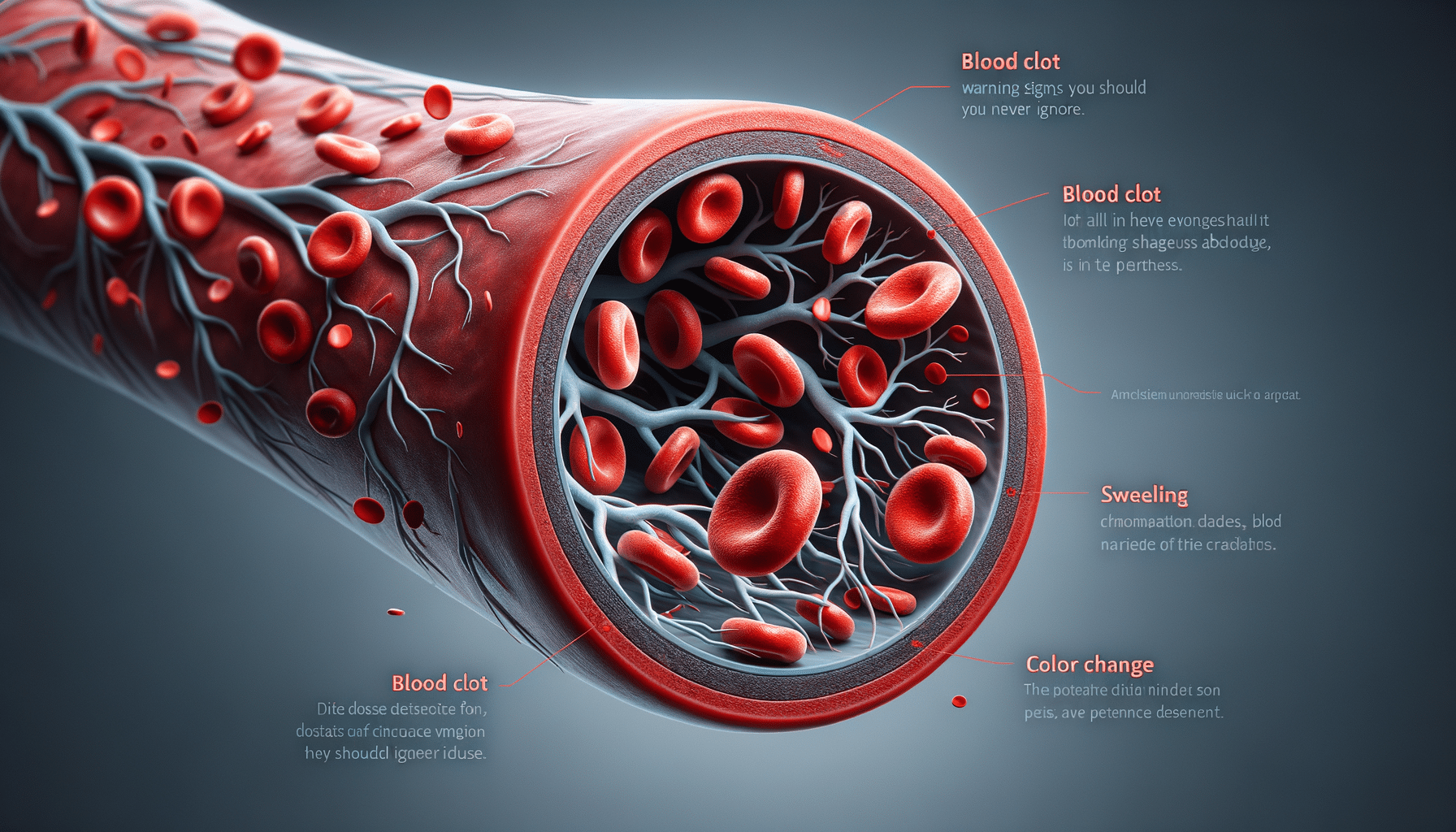
Effective Treatments for Nasal Polyps: Find Relief
Understanding Nasal Polyps: A Brief Overview
Nasal polyps are noncancerous growths that develop on the lining of your nasal passages or sinuses due to chronic inflammation. They can cause a range of symptoms, including nasal congestion, reduced sense of smell, and breathing difficulties. Understanding the nature of nasal polyps is crucial for exploring effective treatment options. These growths often result from conditions such as asthma, allergies, or recurring infections. Their presence can significantly impact one’s quality of life, making it essential to identify and implement appropriate treatments.
While nasal polyps themselves are benign, they can lead to complications if left untreated. They may obstruct normal airflow and drainage, leading to frequent sinus infections. Recognizing the symptoms early and seeking medical advice can help in managing the condition effectively. Treatment strategies aim to reduce the size of the polyps or eliminate them entirely, thereby alleviating symptoms and improving nasal function.
Medical Treatments: Non-Surgical Options
For many individuals, non-surgical treatments provide significant relief from nasal polyps. These options typically involve medications that reduce inflammation and shrink the polyps. Corticosteroid nasal sprays are commonly prescribed as a first-line treatment. They work by reducing swelling and irritation in the nasal passages, which can help decrease the size of the polyps. Oral corticosteroids may be used in more severe cases, although they are generally prescribed for short-term use due to potential side effects.
In addition to corticosteroids, other medications such as antihistamines and leukotriene modifiers can be effective, especially if allergies are a contributing factor. These medications help manage symptoms by addressing the underlying allergic reactions that may exacerbate nasal polyps. Regular follow-up with a healthcare provider is essential to monitor the effectiveness of these treatments and make adjustments as needed.
- Corticosteroid nasal sprays
- Oral corticosteroids
- Antihistamines
- Leukotriene modifiers
Surgical Interventions: When Is Surgery Necessary?
In cases where medical treatments fail to provide adequate relief, surgery may be considered. Endoscopic sinus surgery is a common procedure used to remove nasal polyps and improve sinus drainage. This minimally invasive technique involves using an endoscope to access the nasal passages and remove the polyps. The goal of surgery is to restore normal airflow and reduce the likelihood of future polyp formation.
Patients who undergo surgery often experience significant improvements in symptoms and quality of life. However, it’s important to note that surgery does not cure the underlying causes of nasal polyps, such as allergies or chronic inflammation. Therefore, ongoing management with medications and lifestyle modifications remains crucial to prevent recurrence. Regular monitoring and follow-up care are essential components of a comprehensive treatment plan.
- Endoscopic sinus surgery
- Minimally invasive approach
- Improved airflow and symptom relief
Alternative Therapies: Complementary Approaches
Alongside conventional medical treatments, some individuals explore alternative therapies to manage nasal polyps. These approaches can complement traditional treatments and provide additional relief. Saline nasal rinses, for example, are a simple and effective way to keep the nasal passages clear and reduce irritation. They help flush out allergens and mucus, potentially reducing inflammation and polyp size.
Herbal supplements and essential oils are also popular among those seeking natural remedies. While scientific evidence on their effectiveness is limited, some people find relief using these methods. It’s important to consult with a healthcare provider before trying alternative therapies to ensure they are safe and appropriate for your specific situation. Combining these approaches with conventional treatments can enhance overall outcomes and improve quality of life.
- Saline nasal rinses
- Herbal supplements
- Essential oils
Living with Nasal Polyps: Lifestyle and Prevention
Managing nasal polyps involves more than just medical treatments; lifestyle changes play a crucial role in preventing recurrence and maintaining symptom relief. Identifying and avoiding triggers, such as allergens and irritants, is a key strategy. Keeping your living environment clean and free from dust and mold can help reduce exposure to potential triggers.
Regular exercise and a balanced diet can also support overall health and immune function, potentially reducing inflammation and the risk of polyp formation. Staying hydrated and using a humidifier in dry environments can keep nasal passages moist and less prone to irritation. By incorporating these lifestyle changes and working closely with healthcare providers, individuals with nasal polyps can effectively manage their condition and improve their quality of life.
- Avoiding allergens and irritants
- Maintaining a clean environment
- Regular exercise and balanced diet
- Staying hydrated


